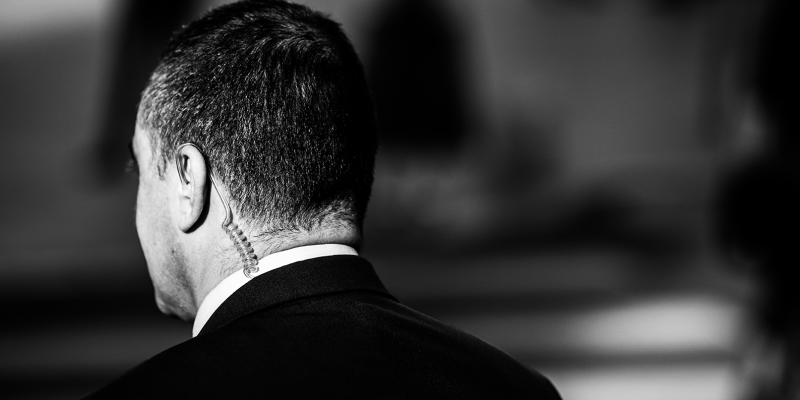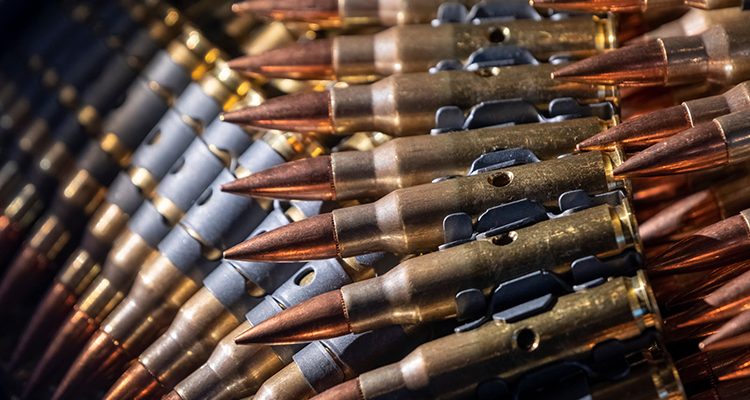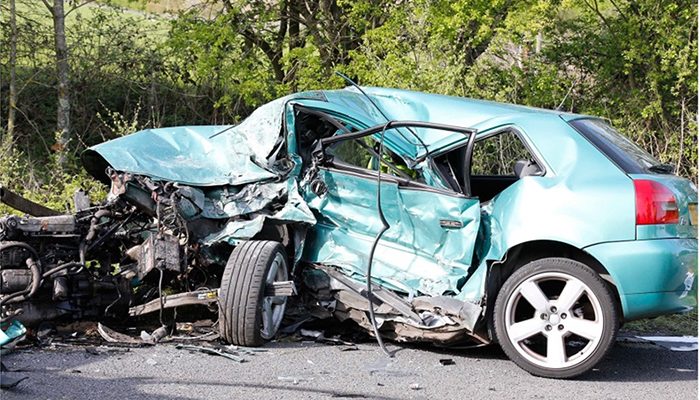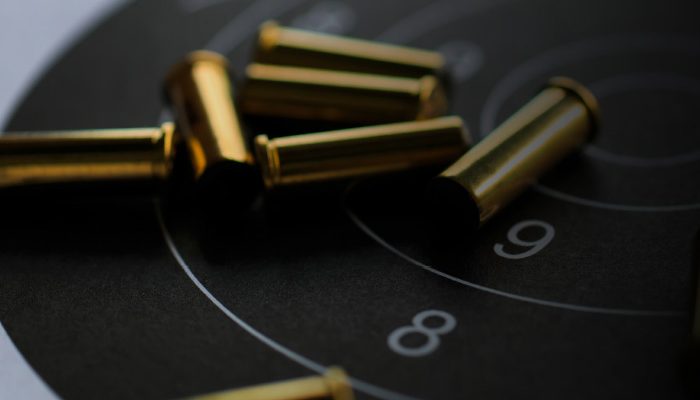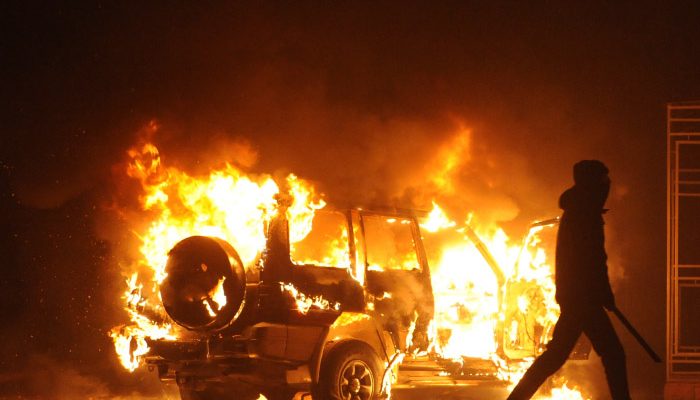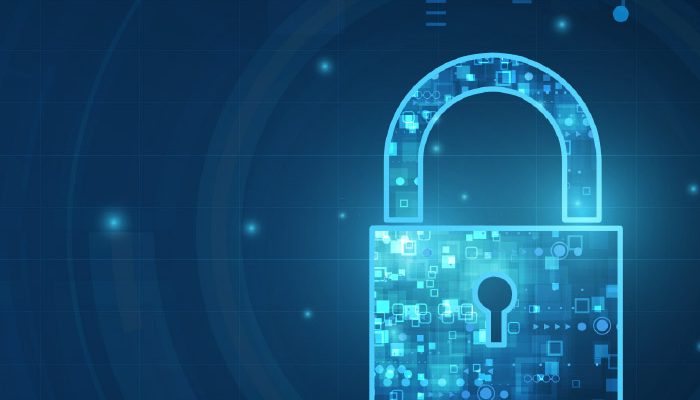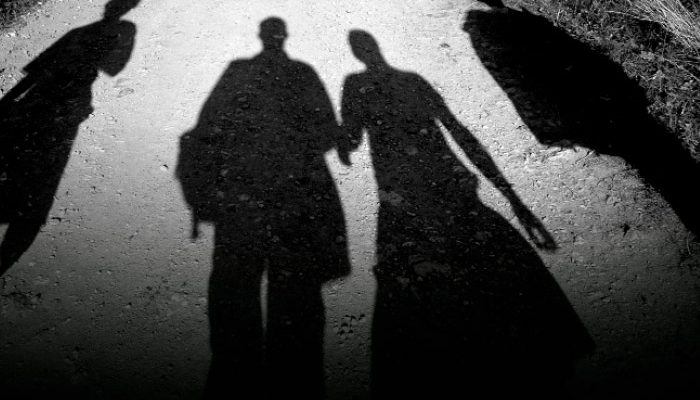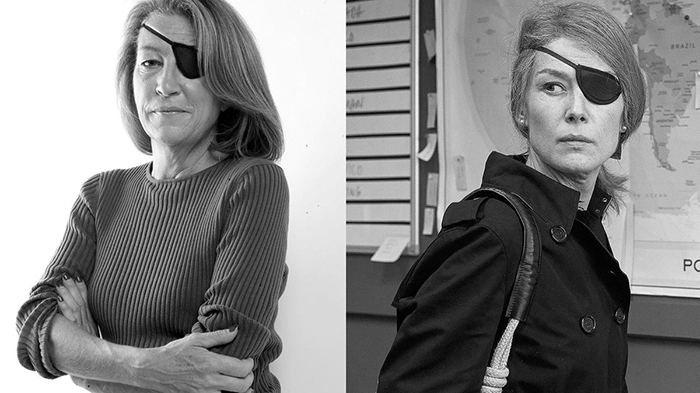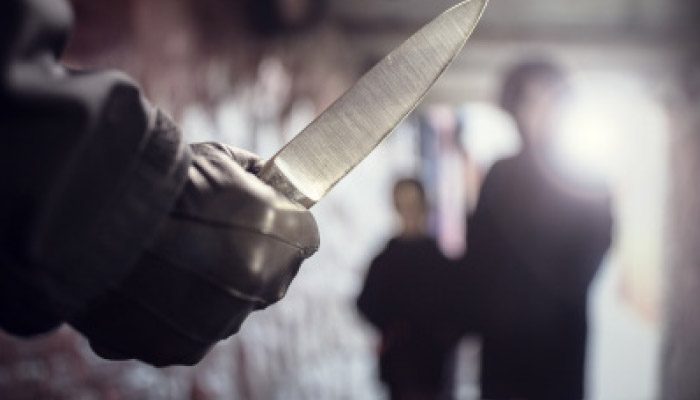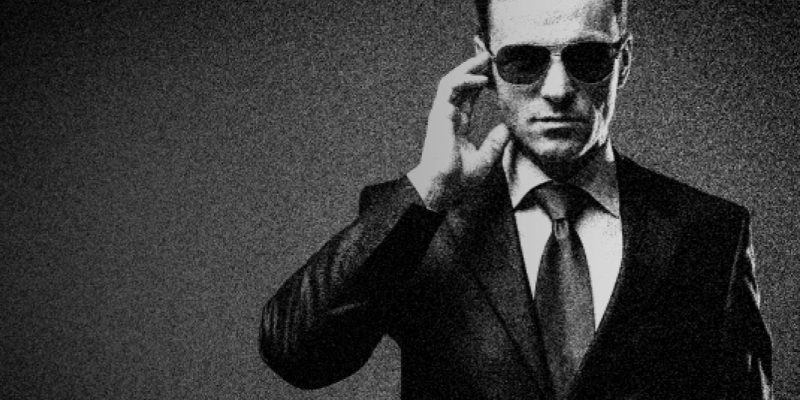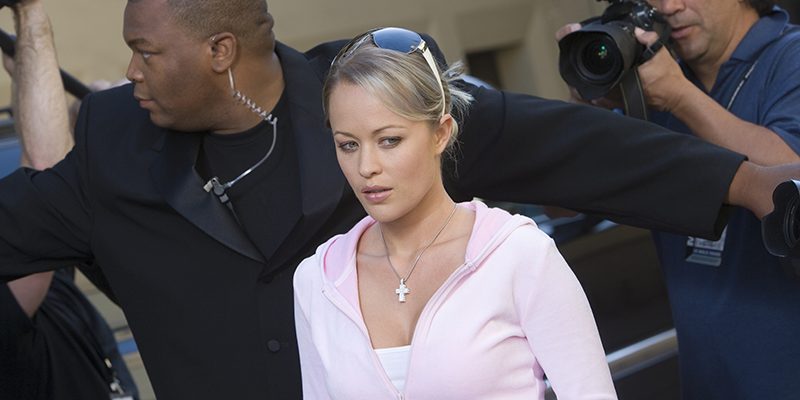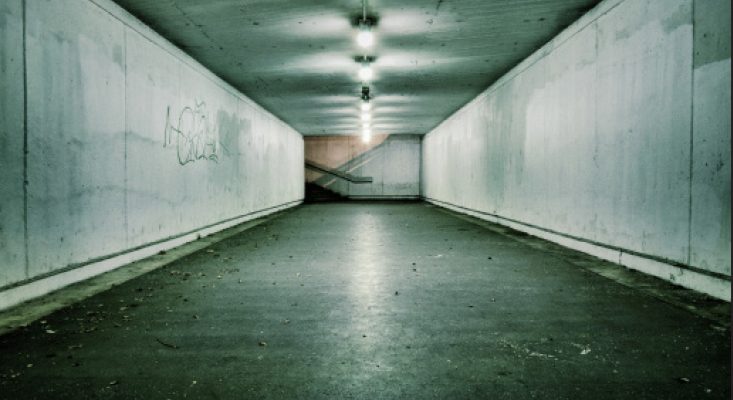We live in a time where people’s opinions invade, dictate, and in some instances, ruin lives. Businesses opinions sell merchandise. Financial and political people tell you where to invest your money or who you should vote for. Opinions are very personal, varying from person to person, but they all have in common that they are nothing but a singular view of a singular event or action.
Tactical Firearms Training – The Basics
Now, to get things straight to start with, what most people, especially Americans, don’t realize is that most non-government close protection jobs are unarmed due to the legal restrictions on firearms in most countries. Part of your threat assessment for any assignment needs to include the laws on the use of force and what if any weapons are legal in the locations you are going to be working in. Being caught with an illegal weapon, especially a firearm will get you thrown in jail very quickly, no matter how important you think you are!
Venezuelan Gold-Trafficking
The gold business in general is a haven for scammers, money launderers, traffickers, criminals and terrorists. It is an area rife for the services of a protection specialist since the coupling of unsuspecting investors, with sometimes, greedy buyers can lead to a lot of trouble and loss of money, property, and even lives.
Fire Safety in Executive Protection
When discussing executive protection topics with somebody not working in this field of expertise, the threats to the principal are often expected to come from rare incidents such as stalkers, snipers, explosions and so on. As professionals we know that the most significant and likely threats come from car accidents and health issues, then, next in line are serious fire emergencies. Don’t just take my word for it, a quick look at the statistics show just how frequent and deadly fires are in US.
Regaining balance after a threatening encounter
There’s no denying that security and close protection work is mentally and emotionally demanding. Life-threatening situations, exposure to graphic scenes, distressed individuals, and violent perpetrators as well as the occupational stressors such as unsocial working hours and being away from home mean you need to be operating at peak levels of resilience.
Are you a cut above your competition?
For many years good friends of ours in the close protection and military sectors have said to us that what is really needed whilst transporting their clients and personnel is the ability to carry out an emergency rescue immediately following a vehicle incident whether it is accidental or a deliberate attack on their vehicles, some of which, may be armored presenting even further rescue difficulties.
Establishing Your Career Path in Close Protection
To clarify, the commercial close protection industry is challenging for most people to enter, mainly because it is a very small and ‘cliquey’ world where doors usually open for people if they know the right people. So, to start with, networking is a valuable key to opening the doors.
BASIC RANGE CONSIDERATIONS
My professional experience with firearms started when I was 17 years old, and I joined an Infantry Regiment in the British Army. After leaving the British Army five years later, I worked in an armed capacity in numerous countries while providing security services.
In the Midst of Chaos
By now many of you have seen the photos and videos of the protestors turned rioters storming the US Capitol on the day of the Congressional Certification.
Drivers & Bodyguards
Now, here me out. If you’re managing security projects it’s only a matter of time before you’ll have to deal and work with security personnel, bodyguards, and drivers that are not part of your team or company. Dealing with unknown personnel can be very problematic due to their potential lack of professionalism and egos.
Cyber Security
Especially while many people are still remote, technology has become more and more central to people’s lives, and we are talking about ways that things will or will not return to normal. As we hear about more and more cyber security incidents, each supposedly carried out by ‘sophisticated threat actors with unprecedented capabilities’, it’s time to talk about the mystique of cyber security and the problem it has with public perception.
Protecting Private Families – A Unique Dynamic
What happens when there is more than one primary client? What happens when the “primary” becomes two, three, four, or more? What happens when your client instructs you that their two-year-old, is the primary “client” on a particular day or outing?
Executive Protection Realities of the Industry and the Ugly Truth
Many newcomers in the protection business have a completely different idea of what the profession is, based on what they have heard or what Hollywood tells them it is. This lack of “truth” either leaves them disappointed or leaves them vulnerable to making mistakes while on duty.
It is common in our industry to see many of our colleagues posting pictures on the internet social media sites of “selfies” taken in first-class airline seats or the client’s private jet. More selfies show them with their feet up on a suitcase claiming ‘’another flight”, or posting from 5 and 6-star hotel rooms, or fine-dining restaurants, or next to a limousine parked in front of a private jet.
The Death of Journalist Marie Colvin
I’m not writing this piece to get into her personal or professional life, her ambitions or any other side of her character (that’s all been done). I’m writing this piece because I see media management in general, as a huge failing for far too many media deployments gone badly in conflict areas around the world. And I’m using Marie’s death as an example of just one of those failings.
I’m still angered every time I see a write up about the sad death of this journalist, and here’s my reasons why:
I knew Marie for years, first meeting her in Jerusalem during the Second Intifada between the Israelis and Palestinians back in the early noughties.
The Impact of Street Crime on the Security Professional
Did you know: Historically, street crime increases, proportionately, with population growth? Crime in England is accelerating, and according to police figures, the London murder rate has now surpassed that of New York for the first time in modern history. Not only does this place the general public at risk but arguably, it exposes the front-line security operator to even greater danger.
Industry Standards Are They Out the Door?
There is an age-old adage, which states that in this world ‘you get what you pay for’ and nowhere is this truer than in the Protection Industry.
As someone who runs their own security company, I know this only too well. However, this lesson was firmly reinforced after I rashly agreed to take on a job that my gut had warned me to avoid.
Creating a Safe Environment – What is a ‘Protective Bubble?’
If you’ve spent enough time around executive protection professionals, you’re no doubt familiar with the concept of creating a bubble around a protectee. It seems simple enough, right? Create the protocols, vet those with which the protectee interacts, and stringently direct the protectee’s activities without deviation.
In reality, of course, creating a safe environment for those elected officials, business leaders and celebrities who require protection by statute, board decree, or simply because they attract unwanted attention is an enormously challenging task that requires tremendous flexibility and innovation from those responsible. Let’s be honest — while many people who require such protection for their own safety understand and appreciate the necessity, they, including some past and current U.S. Presidents, are not always cooperative when faced with security limitations.
The Fallacy of the Individual Bodyguard
It was the height of British military and government involvement in the ill-fated NATO-led effort to crush the Taliban, and Kabul was inundated with people needing close protection services. From diplomats attempting to build infrastructure and civil institutions to corporate honchos sniffing out potential business opportunities, there was no shortage of clients for security firms to pitch. As my conversation with the in-country manager progressed, I broached the subject of IBGs – individual bodyguards. I told him in no uncertain terms that the idea of having an individual effectively carry out the functions of a close protection team was utter and absolute flannel. His response: “Maybe, Bob. But it brings in the dollars!”
Defining Professionalism in the Personal Protection Industry
Not because there is less work out there, in fact, the opposite is probably true. With global threat levels at an all-time high, there is more work in the security industry now than there ever has been and the security industry is booming, but it’s harder to find work because there are now thousands more so-called ‘qualified’ CPOs chasing after every position. It is a fact that most licensed operators have never actually done a day’s close protection work in their lives. At the time of writing this article, there are over 14,000 valid, UK, CP licences. Yes, over fourteen thousand people in the UK currently have a license to operate as a Close Protection Officer.
Counter-Ambush Tactics for Security Professionals – Part 1
By far the best method to accomplish this goal is to adopt a predictive, preventative strategy for protecting clients based on the tenets of Detect, Deter, and Defend. To effectively employ these tenets, we need some very specific soft and hard skills. In the protective operations world, the “soft” skills are sometimes referred to as Protective Intelligence (PI) while in other security disciplines they are referred to as situational and tactical awareness skills. If we are unable to prevent or avoid an attack, we need to have some expertise in specific “hard” skills such as use of firearms and security driving so that we can survive an ambush.
